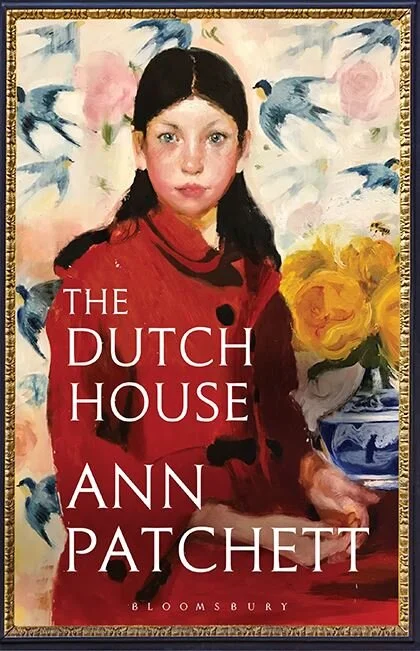the dutch house by ann patchett
prospect 12 december 2019
Like the house that gives EM Forster’s Howards End its name, the Dutch House in Ann Patchett’s eighth novel is not always a benign space. It is situated in the suburbs of Philadelphia and was owned by a wealthy Dutch family, the Van Hoebeeks, who abandoned it and left their forbidding portraits, furniture and Delftware behind in 1945. A year later, the house is bought by Cyril Conroy, a realestate developer. But his ascetic wife, stifled by the grandeur of the house, walks out on Cyril and their two children, Maeve and Danny, to instead “help the poor of India.”
Danny narrates the story, which begins in the middle of the 20th century and stretches over 50 years. From the start, he worships his maternal sister Maeve, “her black hair like a blanket down her back.” Maeve is a striking example of Patchett’s ability to make goodness compelling and her set pieces with Andrea, the “silky chinchilla” who marries Cyril and becomes the children’s stepmother, are wonderfully drawn. Everyone in the house seems capable of nursing ancient wounds: even Andrea holds her “hurt like a prize blue ribbon.” Patchett has somehow conjured a family drama that feels entirely plausible, but also has fairy-tale elements to it—not least the wicked stepmother and the heroic Maeve who stands up to her like “Saint Joan.”
After the death of their father, Danny and Maeve are forced by Andrea to leave the Dutch House. For decades afterwards, though, they return to park outside the house and talk. Danny observes that he and his sister “had made a fetish out of our misfortune, fallen in love with it.” There is poignancy in the siblings’ inability to come to terms with their loss but Patchett, ultimately, overestimates the reader’s patience with their plight, since both characters remain profoundly stuck in the past. The pace also slackens towards its conclusion.
Nonetheless, she handles the shifting timeline with dexterity and, for the most part, this is an engrossing novel.
This review first appeared in Prospect
